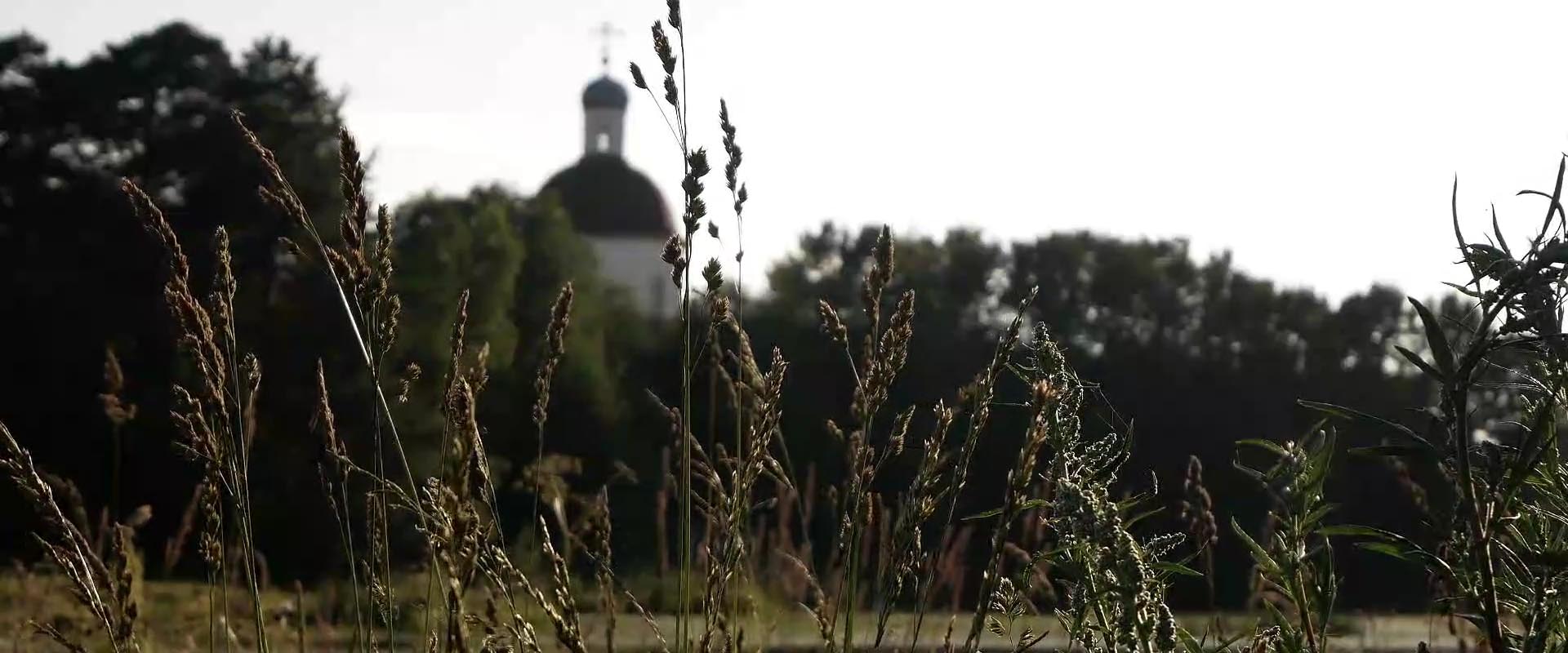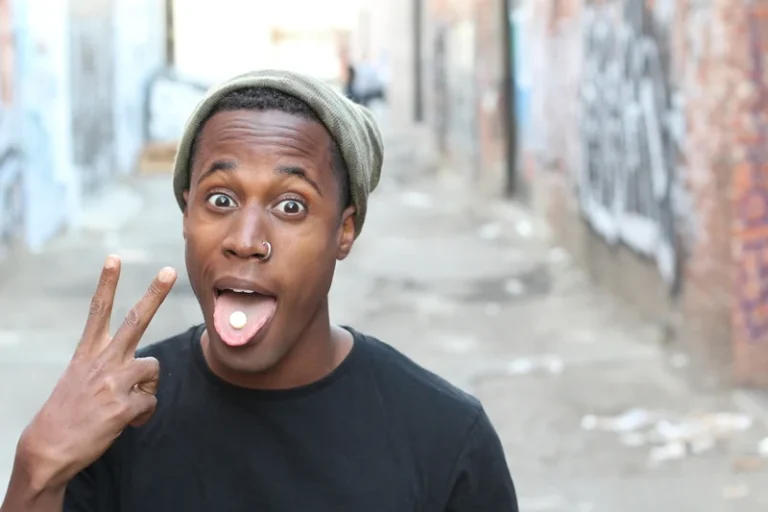
Anyone who experiences negative consequences due to alcohol use deserves support and the opportunity to make positive changes. A review of PTSD andalcohol abusestatistics indicate that nearly 28 percent of women diagnosed with PTSD report concerns about alcohol abuse and dependence. Nearly 52 percent of men diagnosed with PTSD report similar problems.The National Center for PTSDestimates as many as 75 percent of trauma survivors experience an alcohol use disorder.
Finding Treatment for Alcohol Addiction and PTSD
- Many people with PTSD self-medicate with alcohol because it temporarily makes them feel better.
- The Emerson et al. (2017) study is the first to examine the association between AUD and PTSD in American Indian and Alaskan Natives (AIAN) as compared to non-Hispanic Whites.
- Post-traumaticstress disorder (PTSD)and alcohol use can frequently co-occur.
- Understanding the complex relationship between Alcohol Usage Disorder and PTSD is a vital step towards recovery.
Those with combat in their pasts were more likely to use alcohol to cope with PTSD symptoms. This finding could lead to more intensive substance use screening for patients with combat trauma. Drinking may provide momentary relief, but ultimately it makes the situation worse. Experiencing childhood trauma can put a person on a path that leads to a host of negative outcomes, including alcohol abuse. Research finds that childhood trauma and alcoholism are closely related, with victims of childhood trauma being up to seven times more likely to struggle with alcohol use.
Alcohol use and physical health
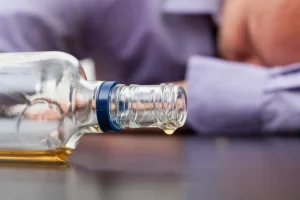
In both animals and humans, traumatic events and increased alcohol consumption are clearly related; but alcohol use typically increases following the trauma, rather than during the trauma. Much of the confusing literature on stress and alcohol use is understood better when one assesses alcohol use in relationship to when the trauma occurred. For example, in a study with rats we found very modest increases in alcohol consumption on days when shocks were administered but dramatic increases in alcohol preference on subsequent days (Volpicelli et al. 1990). We termed this the “ happy hour effect” and have noted that even among social drinkers, alcohol consumption increases following, but not during, exposure to stress. These results were the opposite of what we expected based on a tension-reduction theory of alcohol use.
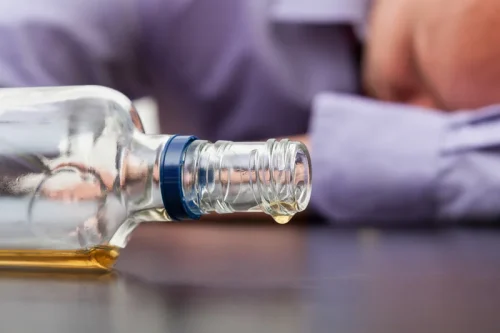
Study Finds Long-Lasting PTSD Symptoms Increase Drinking Risk in Youth
If one uses alcohol solely to reduce anxiety, alcohol consumption should increase during times of stress rather than after the https://ecosoberhouse.com/ stress. When entered independently, enhancement motives significantly interacted with PTSD symptom severity to predict same-day drinking; however, the pattern of findings was slightly different. Drinking increased with relative increases in PTSD symptom severity for individuals both low and high in enhancement motives; however, those with high enhancement motives increased at a slightly lower rate. Unlike when all motives were included in the same model, coping motives did not significantly moderate the association between PTSD and same-day drinking when examined independently.
Treatment for Alcohol usage disorders and PTSD
When Margaret was 16 she was involuntarily hospitalized following a suicide attempt, and subsequently became involved in a what is alcoholism sexual relationship with a male patient who forced her to participate in group, sadomasochistic sex several times during a 6-month period. Following this experience, Margaret began abusing a variety of substances, primarily alcohol. When she presented for treatment at age 38, she had undergone at least 10 prior treatment attempts for alcohol dependence. She reported drinking up to a case of beer daily, which she said she used primarily to help her sleep and to suppress nightmares of the sexual abuse, and also in response to the trauma reminders she frequently experienced in daily life. When abstinent from alcohol, Margaret reported extremely vivid and disturbing nightmares, profound agitation and jumpiness, and acute reactivity to a variety of environmental cues that reminded her of her traumatic experiences.
- PTSD treatment without concurrent alcohol treatment can lead to ongoing substance abuse and a return to PTSD symptoms.
- Studies have shown that a traumatic stimulus triggers people with PTSD and an alcohol use disorder to crave alcohol.
- The study data came from the National Consortium on Alcohol and Neurodevelopment in Adolescence (NCANDA) at Duke University Medical Center.
- Alcohol behavioral couple therapy uses motivational interviewing techniques and focuses on harm reduction, and behavioral couples therapy for alcoholism and drug abuse emphasizes attaining and maintaining abstinence.
- Trauma survivors often wrestle with a relentless barrage of distressing symptoms.
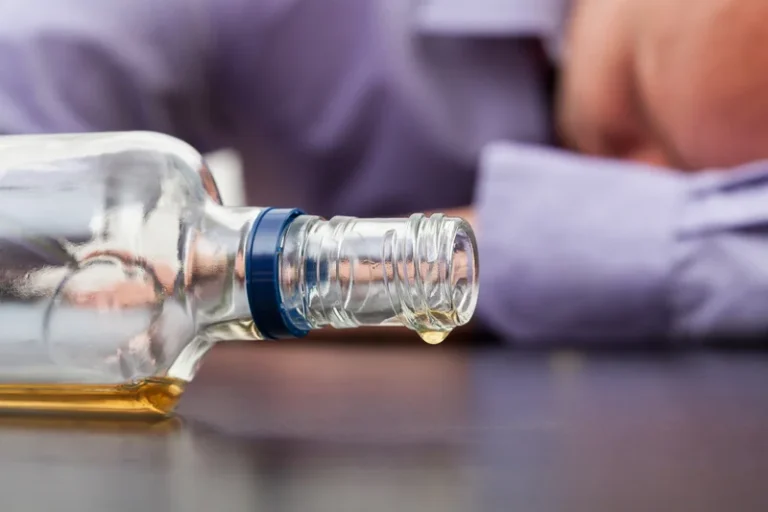
In addition, the study did not assess other potential comorbid psychiatric conditions. It is possible that our findings may be a reflection of other underlying conditions such as depression. Also, given the overrepresentation of low income participants and ethnic minorities, it is unclear whether the composition of the sample may reflect a sampling bias.
You may drink because using alcohol distracts you from your problems for a short time. You should know, though, that drinking makes it harder to concentrate, be productive, and enjoy your life. Women who have PTSD at some point in their lives are 2.5 times more likely to also have alcohol abuse or dependence than women who never have PTSD. Men are 2.0 times more likely to have alcohol problems if they have PTSD than men who never do not have PTSD. The Form-42 was adapted from the Form-90 (Miller & Del Boca, 1994) to assess alcohol use and treatment for 6-weeks prior to baseline.

Cognitive behavioral conjoint therapy
While alcoholism is often linked with PTSD, few studies have explored how chronic drinking may subsequently make a person more prone to such anxiety disorders. In a new study, researchers at the NIAAA observed that chronic alcohol exposure altered neurons in the medial prefrontal cortex (mPFC) of mice, making them slower to suppress a conditioned fear response. In this way, drinking can compensate for the endorphin withdrawal that follows a traumatic experience. The endorphin compensation hypothesis (ECH) suggests that when people drink alcohol after traumatic events, the alcohol makes up for the lack of endorphin activity (Volpicelli 1987). According to this hypothesis, rats exposed to uncontrollable shocks should consume more alcohol than rats exposed to controllable shocks to compensate for the lack ptsd alcohol blackout of endorphin activity that occurs after experiencing uncontrollable shocks.
